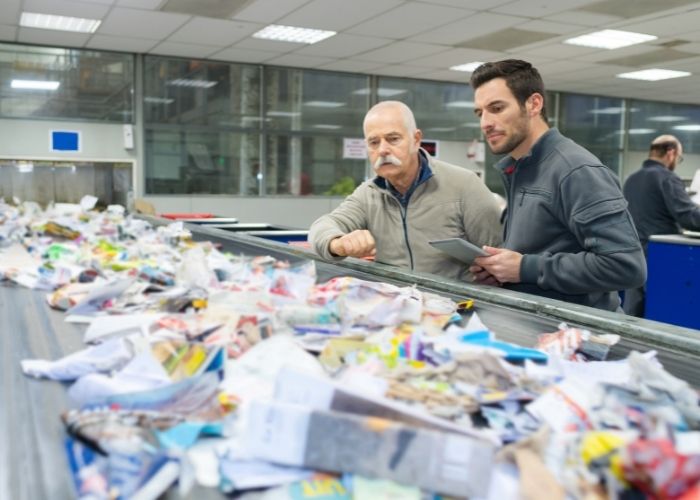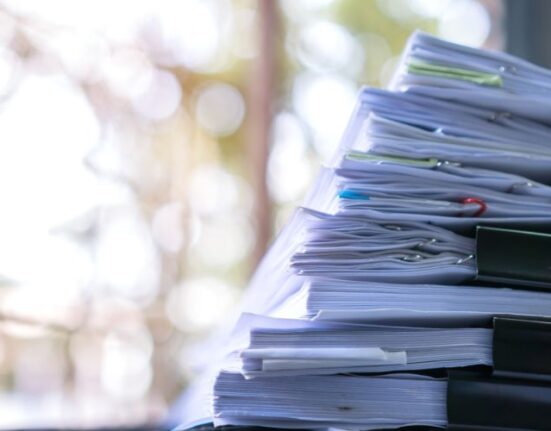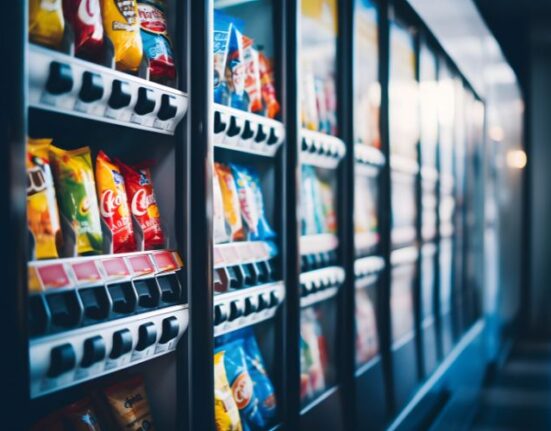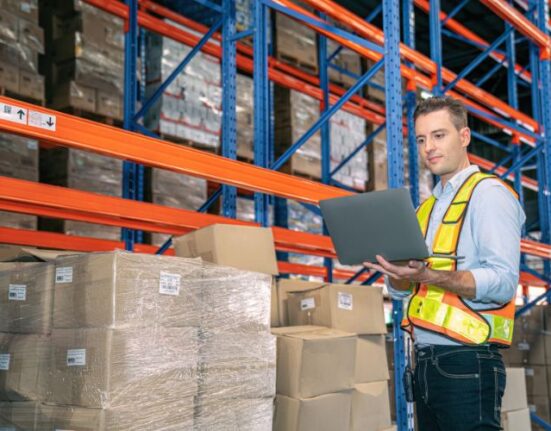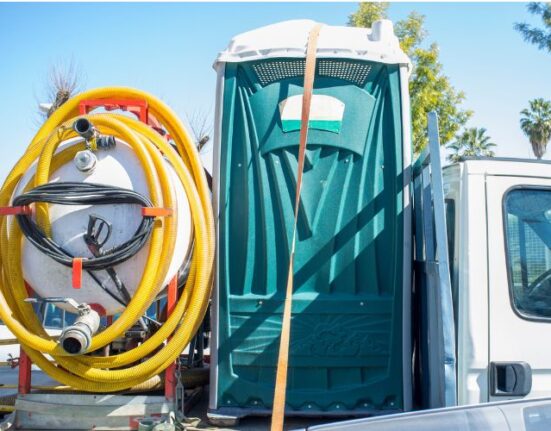The recycling industry is in the midst of a robot revolution.
This sounds a lot scarier than it is. Fear not—the robots are not going maverick and attacking their human overseers. What’s happening is that sophisticated automation and artificial-intelligence tasks are changing the face of the recycling industry by simplifying existing tasks and handling more difficult tasks that are beyond human capabilities. Here’s a look at how recyclers are using artificial intelligence (AI) at their facilities to make better use of incoming material and more effectively preserve our natural resources—all thanks to some very unnatural robot friends.
More Precise Metal Sorting
With humans at the controls, sorting metals was practically binary: ferrous or nonferrous metal? A magnet would tell you whether a metal contained iron and accordingly give you an idea of its value—iron and steel are beyond plentiful, so the nonmagnetic metals are where the real money lies in the recycling business. How, then, do you further sort the nonferrous metals such as aluminum, zinc, and tin? With robotic AI programs that learn how to scan metals and deduce their chemical properties. This AI implementation represents one of the biggest changes to the scrap metal industry.
Long Memories
Human workers on conveyors can experience mental and physical fatigue from sorting recyclables hour after hour, day after day, week after week. Robots, however, don’t need to keep their minds limber the way we do, and they’re also eminently skilled at remembering what they’ve seen and what to do with similar materials. As robots keep sorting, their database of material grows and grows, which makes sorting protocols go more and more quickly.
More Recycling, Better Recycling
An issue that has imperiled the plastics recycling industry is contamination, particularly by food products. People believe that most plastic products are recyclable, but products that contain food particles are out of the question, meaning most of what we think we can recycle is instead bound for the landfill. Part of how recyclers are using artificial intelligence is by employing new sorting robots that can better screen for clean versus contaminated plastic products. By scanning and sorting clean and dirty plastic goods, they make sure that plastic processing facilities no longer have to turn away bales for excessive contamination. That’s a great way to close a loop that has been opening and unraveling in recent years. Speed optimized by Wp Speed Fixer! Here are multiple plans












